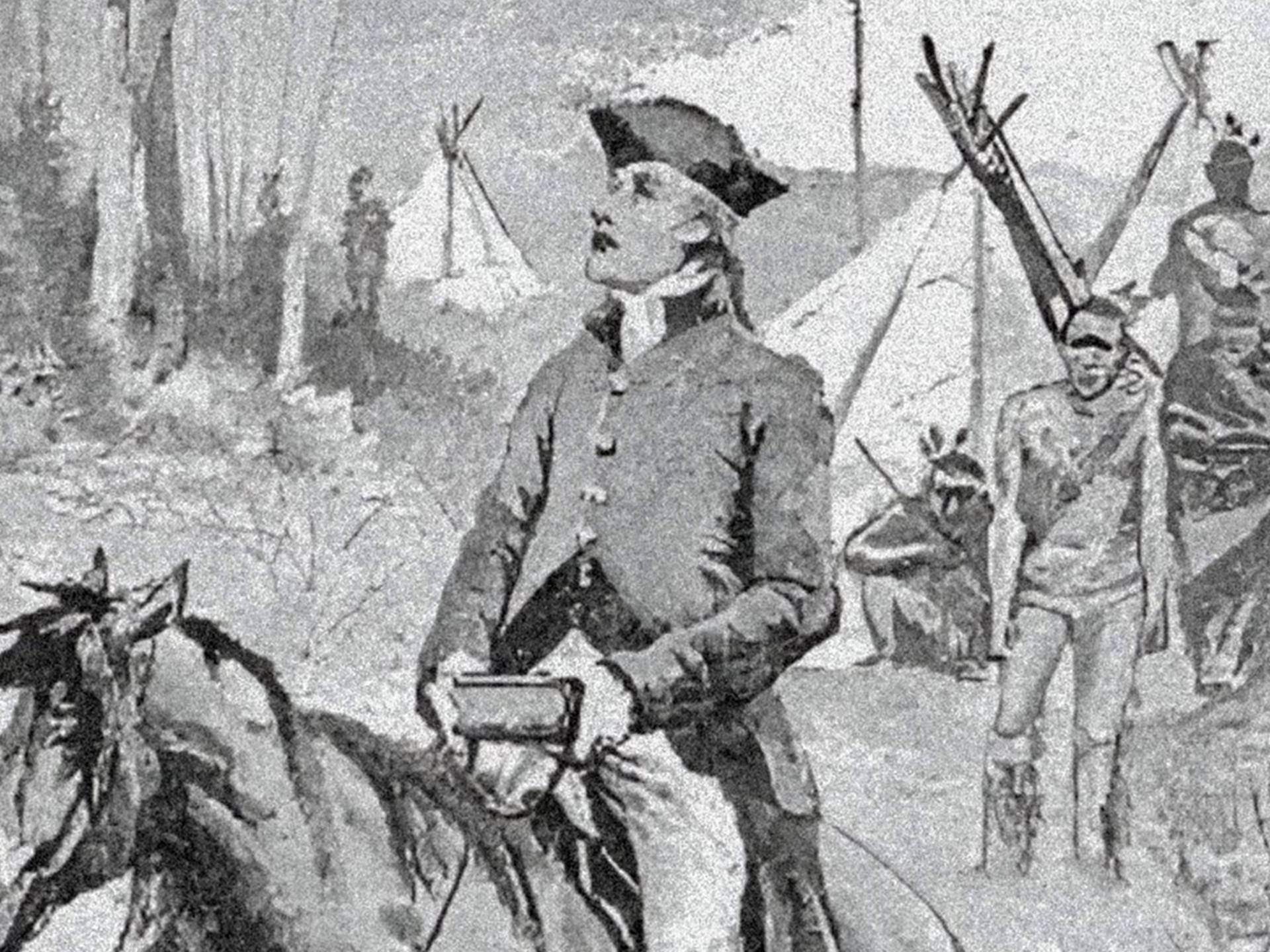Early Life
David Brainerd grew up on a farm in New England in the early 18th century. David was raised attending church and reading godly books. He did not, however, profess faith in Christ himself. Both of David’s parents died when he was young, his father when he was nine, and his mother when he was fourteen. Only when he was twenty-one, as he was about to enter Yale University, did David profess faith in Christ.
Influenced by preachers like George Whitefield during the Great Awakening, Brainerd was drawn to “the New Light Movement.” The zeal of the movement did not sit well with the powers that be at Yale, and David was expelled, making it impossible for him to become ordained as a pastor. Brainerd, however, preached itinerantly throughout the Northeast, where he befriended Jonathan Dickinson, who first suggested that Brainerd consider becoming a missionary.
A Life for Missions
Brainerd was ordained in 1744 and sent out by the Society in Scotland for Propagating Christian Knowledge to begin a mission to Native American tribes in the Northeast.
From a young age, Brainerd had experienced bouts of melancholy and depression, exacerbated by the early death of his father and mother. As he encountered resistance to the gospel among tribes, his despair would deepen. However, there were soon baptisms and even revival among new tribes. David pressed through the dark times and the times of rejoicing, traveling extensively for his mission. The circumstances were difficult. He often went hungry, was frequently cold and wet, and the tuberculosis he had contracted earlier in life progressively grew worse. Within a few years he was unable to continue.
Invited to convalesce at the home of Jonathan Edwards, David would experience periods of improvement. However, despite the Edwards' care for him, David Brainerd died in October of 1747. Sadly, Jerusha Edwards, who had grown close to David through his illness, contracted tuberculosis as well, and died not long after. They were buried next to each other in Northhampton.
Legacy
Following Brainerd’s death, Jonathan Edwards published a collection of his diaries, titled An Account of the Life of the Late Reverend Mr. David Brainerd. Though Brainerd’s ministry among the tribes of Massachusetts, New York, Pennsylvania, and New Jersey bore gospel fruit, this book arguably had an even greater impact. Printed and reprinted innumerable times for more than 250 years, Brainerd’s example of devotion and dedication inspired an untold number of men and women to go to the mission field. Notably, his story was an inspiration to William Carey later in the 18th century, fueling the birth of the “modern missions movement,” and of Jim Elliott, whose martyrdom in the mid-20th century perhaps marked the high watermark of that movement.
Brainerd’s mission to the native tribes of the Northeast bore fruit because of his deep commitment to the preaching of God’s word. Through personal hardship and suffering, Brainerd pressed on out of love for Christ and certainty of the hope His name brought to the tribes. His deep piety and willingness to give everything for God was persuasive both to those who sat under his preaching and to those who read of him decades and even centuries later. Brainerd’s was a life that would cause missionary Henry Martyn to say, “I long to be like him. Let me forget the world and be swallowed up in desire to glorify God.”
“I long to be like him. Let me forget the world and be swallowed up in desire to glorify God.”
